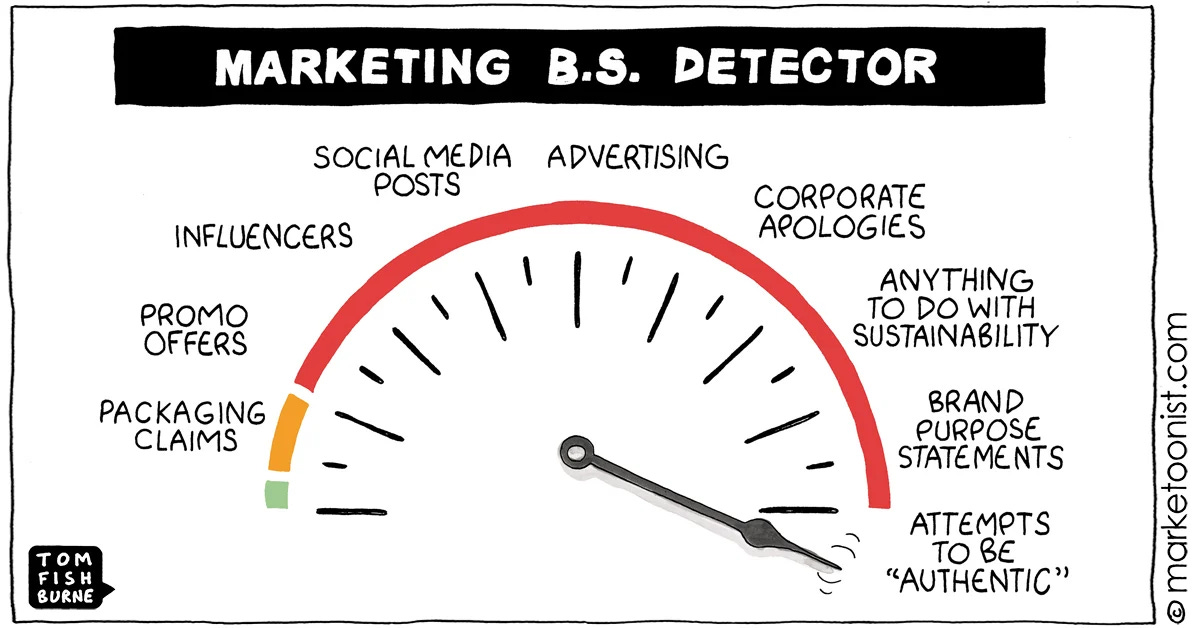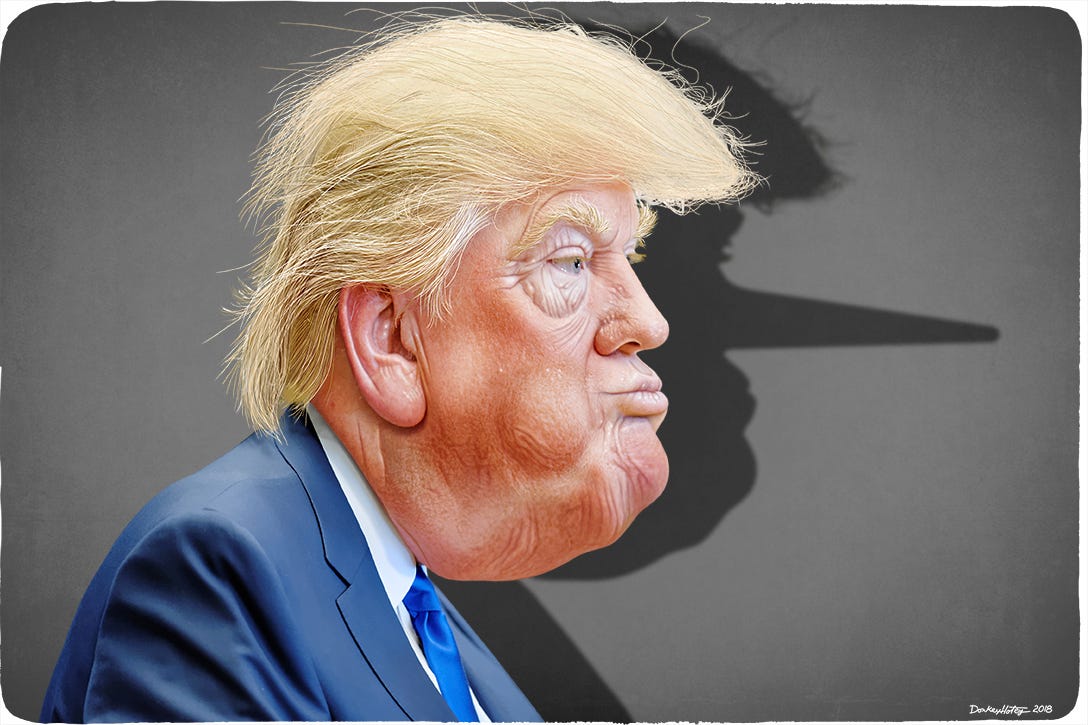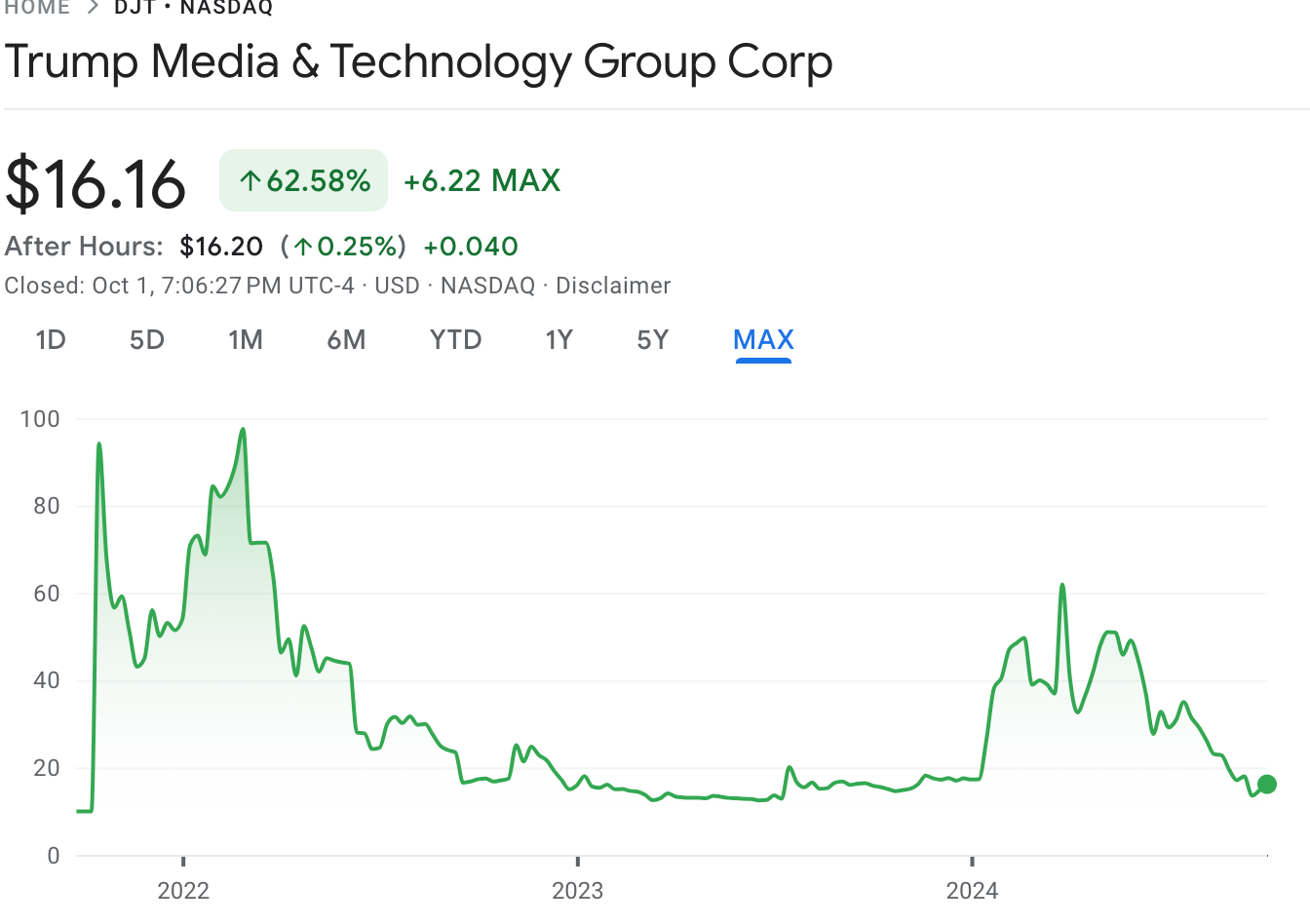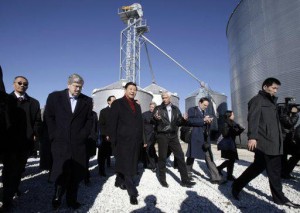Trump’s attack leaves us with uncertainties aplenty

Austrian physicist Wolfgang Pauli in 1925 developed what came to be known as the Pauli exclusion principle. It holds that identical particles cannot occupy the same quantum state at the same time. Non-scientists have since broadened the idea to say that no two objects can fill the same spot at the same time.
But what of ideas? And what of competing and equally bad realities? Can two disparate and conflicting things coexist, especially when matters of politics, war and religion are involved?
Tragically, perhaps, we have an example now with Donald J. Trump’s attack on Iran. On the one hand, the world is surely safer if that country can’t now develop a nuclear bomb.
Certainly, Israel is more secure without that. And so are any of the many other enemies of the ayatollah, Ali Khamenei, the “cleric” whose bloodthirstiness belies any claim to holiness. We can include on his enemies list most of the western world, along with neighbors such as Sunni Muslim Saudi Arabia, as well as Jews everywhere.

On the other hand, all those enemies are now just as surely more at risk of lesser attacks. Terrorist assaults, missiles — perhaps even dirty bombs that could spread radioactive material over large areas — are all at the Shi’ite ayatollah’s disposal. Indeed, he already has sent missiles into Qatar in a failed retaliation at the U.S. military location, Al Udeid Air Base. What more awaits his enemies in coming weeks, months, even years?
In other words, the Trump attack is difficult to assess because this unquestionable act of war could bring safety to many for a long time, even as it poses great dangers to many, perhaps for a longer time.
So, was it a good move or not? Will history look back on Trump’s swaggering Marshal Dillon move as the bold and visionary effort of a courageous leader, a Churchill in a world of Chamberlains, as one right-wing rabbi suggested? Or was this a short-sighted, impulsive and power-mad bit of machismo that ultimately will deepen the U.S.’s plunge into an unresolvable Middle Eastern quagmire, possibly this generation’s Vietnam or Afghanistan?
Of course, with the ruins at the Isfahan, Natanz and Fordo nuclear-development sites still smoldering, a huge amount remains unknown. Vice-President JD Vance hinted that Iran’s stockpile of enriched uranium remains intact, for instance, saying “we are going to work in the coming weeks to ensure that we do something with that fuel and that’s one of the things that we’re going to have conversations with the Iranians about.”
That appears to contradict his boss’s claim that Iran’s nuclear program was “totally destroyed” or “obliterated.” Trump’s claim was undercut, too, by the leaders of the U.S. military, with Defense Secretary Pete Hegseth and Chairman of the Joint Chiefs of Staff Gen. Dan Caine saying that an assessment of damage to Iran’s nuclear sites was “still pending,” and Caine hedging that it was “way too early for me to comment on what may or may not still be there.”
Similarly, the judgments of a couple independent experts fly in the face of Trump’s bravado. Consider the remarks of Jeffrey Lewis, a professor of nonproliferation at the Middlebury Institute of International Studies at Monterey, and David Albright, president of the Institute for Science and International Security, which tracks Iran’s nuclear program.

“At the end of the day there are some really important things that haven’t been hit,” Lewis told NPR. “If this ends here, it’s a really incomplete strike.” And Albright said: “I think you have to assume that significant amounts of this enriched uranium still exist, so this is not over by any means.”

Put another way, we either are now just entering the cliched but on-target “fog of war” or we are seeing the beginning of the removal of an horrific threat to Israel and the West. Judgments by very smart observers are conflicting:
“Those who claimed that Trump would flinch and back down at the last moment, that he is always afraid to take the next decisive step, were proven wrong,” the hawkish Israeli journalist Nadav Eyal wrote on YNet. “The Chinese watched and saw a great power willing to defend its interests and its allies in the region. The Russians saw Iran’s capabilities—some equipped with Russian weapons systems—easily crushed by the Israeli Air Force. By deciding to bomb Iran’s nuclear facilities, Trump has begun to rebuild the image of a superpower that stands by its principles and is ready to deter its rivals. This is not only important for Israelis, but for the entire world. This is not the end, but it is certainly the end of the beginning.”
And then there is the opposite view of Zev Shalev, an Israeli-South African television producer and author of the “Narativ” Substack.
“Pentagon planners aren’t talking about surgical strikes,” Shalev argued. “They’re discussing deployments, supply lines, and regional bases. They know what civilian leaders refuse to admit: there’s no such thing as a quick war with Iran. Once American forces engage, we’re committed to decades of conflict in the world’s most volatile region. Iran has prepared for this moment since 1979. They’ve built a war machine specifically designed to survive initial strikes and then bleed America through sustained asymmetric warfare. They’ve studied our weaknesses, positioned their assets, and created the perfect strategic nightmare for American forces. Russia and China are waiting. They’ve engineered the ultimate trap for American power: a war we can’t win, can’t afford, and can’t escape. And they’ve found the perfect mark to spring it—a cognitively compromised president who mistakes manipulation for respect.”
Can both views be true at the same time?
Certainly, one hopes that Pentagon planners have contingency plans for all eventualities, though Shalev doesn’t cite any sources for reporting what such planners are up to or know. Nonetheless, even if his comments are just conjecture, they are not unreasonable.
For sure, what is unreasonable is Trump seeming to think – or at least suggest – that his effort was a one and done, something that would force the Iranians to the bargaining table to sue for peace. “We did not assault anyone, and we will never accept being assaulted by anyone,” Khamenei said, as reported by Reuters. “We will not submit to anyone’s aggression – this is the logic of the Iranian nation.”
And just before the explosions in Qatar, Iranian President Masoud Pezeshkian wrote on X: “We neither initiated the war nor seeking it. But we will not leave invasion to the great Iran without answer.” The missiles Iran sent into Qatar killed no one – probably because Iran back-channeled a warning about its plans in advance – but they underscored Iran’s intent to respond.
What is also unreasonable is Trump ignoring the views of his own intelligence agencies by arguing that Iran was on the brink of getting a bomb. His own director of national intelligence, Tulsi Gabbard, in March testified on Capitol Hill that the U.S. “continues to assess that Iran is not building a nuclear weapon and Supreme Leader Khamenei has not authorized the nuclear weapons program he suspended in 2003.” Only later did she backtrack, as Vance more recently claimed that “a lot has changed” since Gabbard’s March testimony.
Is this all shades of the fictional weapons of mass destruction that were invoked to justify the 2003 U.S. invasion of Iraq? Given Iran’s very real nuclear-development effort, the argument for decisive military action – the Trump bombing – seems far more reasonable than the Iraqi action was. Almost certainly, the Iranians would love to have a nuclear bomb — sooner or later.
However, what happens now is problematic. As even critics of prior efforts at diplomacy with Iran admit, the country plays the long game (see Stanford’s Josef Joffe). Will it now bide its time, making small gestures as it tries to regroup after the blows to its military leadership and ordinance? Or might it escalate to blockade the Strait of Hormuz, restricting the world’s oil supplies? Then again, will it lay low but hit again when it judges the time right, in a year or two or three?
And will Trump soon be forced to realize this isn’t a reality-TV show where the plot unfolds in days and he comes out on top in the end? Will he be forced to kill the Iranian leader, as he threatened to do? Will he be forced to push for regime change, the mantra of other failed U.S. military efforts?
“It’s not politically correct to use the term, ‘Regime Change,’ but if the current Iranian Regime is unable to MAKE IRAN GREAT AGAIN, why wouldn’t there be a Regime change??? MIGA!!!” Trump cartoonishly posted on Truth Social.
And where would that put us but even deeper into the mud, as happened in so many wars before?
Questions abound. But, eventually, we’ll find out whether Trump’s cowboy actions — all done without the legally required assent of Congress — will amount to the end of the beginning, maybe a prelude to far worse. If physics offers any guidance, two opposing ideas can’t really be right at the same time.








